
11 Wellbeing Rules From A Woman’s Health Expert
You should treat the cause, not just the symptoms. Imagine your health as a tree, with various symptoms attached to different branches. In theory, each of these symptoms could be treated separately, as they are in conventional medicine. For example, you could be given painkillers to treat headaches or even antidepressants to deal with the emotional factors. But once you stop this medication, the problem will return. Beneath your symptom tree are the roots which feed and nourish the plant. In order to affect the symptoms that appear on your branches, you need to do some work on the roots – this is the basis of natural medicine, which aims to get to the root of any health condition. Most doctors will only get a few hours of nutrition lectures in over six years of training, but nutrition really is crucial. Every single cell in your body, and all the processes that take place, are determined by what goes in your mouth.
It’s more important than ever to keep your immune system nourished. Nutrients are needed for every part of your immune system and for renewal, repair and defence against infection and illness; and alongside eating well, supplementing with certain nutrients can be helpful, especially at this time of year. My favourite supplements for immunity are combinations of nutrients and botanicals such as black elderberry, olive leaf, mushrooms (such as reishi and shiitake) and probiotics as well as zinc and vitamins C and D. Both vitamin C and zinc have been shown to reduce the duration of a cold, so consider taking these at the first sign of a sniffle. Additional vitamin C can also be used to support recovery but reduce the amount if it starts to loosen your bowels too much.
Vitamin D plays a crucial role in both immunity and energy. Did you know there are vitamin D receptors in your nervous system, and that vitamin D can affect neurotransmitters like serotonin? This explains why low vitamin D levels have been linked to mood and energy levels. It’s also believed that having good levels of vitamin D can help slow down the ageing process – low levels have been implicated in autoimmune diseases such as rheumatoid arthritis, lupus and inflammatory bowel disease. You can check whether you have sufficient levels of vitamin D with a simple finger prick blood test.
A lack of energy is a common age-related problem. Experiencing a lack of energy has become such a common complaint it’s even been given its own acronym: TATT which stands for ‘tired all the time’. In my clinic, a lack of energy is most commonly caused by a combination of different factors, which take their toll on the body simultaneously – think stress, medical conditions, mental health problems and relationship issues. A healthy, balanced diet should always be the foundation to improve energy, but a good multivitamin and mineral supplement can helpful. Iron, for example, is needed by the blood to carry oxygen around the body and without enough oxygen, we can feel exhausted. The B vitamins are also essential for energy and metabolism as they help the body convert energy from the food you eat into fuel. Omega-3 fatty acids – found in oily fish, flaxseeds and walnuts – are also essential for energy production, and research has shown them to have a significant benefit for those struggling with chronic fatigue.
If you struggle with sleep, try magnesium. Magnesium is known as nature’s tranquiliser as it has a calming effect on both your mind and body. It’s also particularly helpful if your sleep is being disturbed by cramps as it can gently relax the muscles. If you want to try magnesium for sleep, look for magnesium citrate. Lots of my patients either struggle to fall asleep or wake up during the night and can’t get back to sleep. If this sounds familiar, consider a supplement that contains a combination of natural ingredients, including magnesium. Valerian can reduce the amount of time it takes to fall asleep, while hops have a natural sedative effective. L-theanine can also help your brain switch off, while herbs such as chamomile, passionflower, skullcap and lemon balm are also known for their sleep-inducing effects. Also try tart cherries, which have been shown to increase sleep time in people with insomnia by up to 84 minutes.
If you take HRT, it’s worth thinking about gut health. Taking HRT can alter levels of beneficial bacteria in your gut and, increasingly, studies show that gut health is linked to other aspects of your health. In fact, low levels of good gut bacteria have been linked to many chronic diseases, including inflammatory bowel disease, rheumatoid arthritis, heart disease, obesity, type 2 diabetes and cancer. There’s also a powerful link between mental health and gut – we have a ‘second’ brain in the digestive system, with 95% of your serotonin (the happy hormone) in the gut compared to 5% elsewhere in the body. It’s even believed that these good bacteria will end up being used in the same way that Prozac and Valium are used. Your gut bacteria feed on prebiotics, so try to eat plenty of onions, asparagus, bananas, apples, chickpeas and artichokes, all of which are rich in prebiotics.
A digestive enzyme could be worth its weight in gold. We give so much thought to prebiotic and probiotic supplements, but digestive enzymes shouldn’t be overlooked. Digestive enzymes help your body break down your food into smaller particles to make it easier for your body to use. If you are prone to bloating and flatulence after meals, this could be a sign you are low on digestive enzymes. This is usually a sign of undigested food, which can ferment and trigger various symptoms, and can be a breeding ground for yeasts and negative bacteria. If this sounds familiar, consider taking a digestive enzyme supplement with your largest meal of the day. For many women, taking an enzyme with dinner is most helpful as the body tends to be more tired at this point in the day as the digestive system slows down.
Variety in the diet is the secret to better health. Countless studies prove that the more plant-based foods you eat, the better. The general advice is to aim for five portions of fruit and veg every day, but research also shows vegetables have more health benefits than fruit. Variety is the key – aim to eat the rainbow every week.
I have been a pescatarian for over 35 years. I eat mainly a plant-based diet with some fish, particularly oily fish and plenty of eggs. I haven’t eaten any meat or poultry for nearly four decades. I also follow the 12:12 rule of not eating for 12 hours from dinner to breakfast and always leave two to three hours between dinner and going to bed – this gives the body a chance to digest and guarantees a better night’s sleep. I also eat regularly throughout the day to keep my blood sugar – and energy levels – stable.
Try to reduce stress where you can. One of the most common mistakes women in their fifties make when it comes to health is not dealing with stress properly, which can make symptoms of the menopause worse. Plus, stress isn’t good for overall health. Missing meals, too much caffeine and sugary foods will cause blood sugar imbalances, which trigger the production of stress hormones. It’s this rollercoaster of highs and lows that will lead to tiredness, mood swings, anxiety, tension, headaches and difficulty concentrating, which are all too familiar for women in their fifties and beyond.
Staying active is important as you age. A healthy diet is the foundation of health but the factoring in some form of movement daily is the perfect counterpart to longevity. I also think we have to acknowledge that our brain is like a muscle and will atrophy if we don’t use it. Try to keep your brain challenged – I still give webinars, write books and continue to work in clinic, which keeps me mentally alert.
Shop Marilyn’s toolkit here…
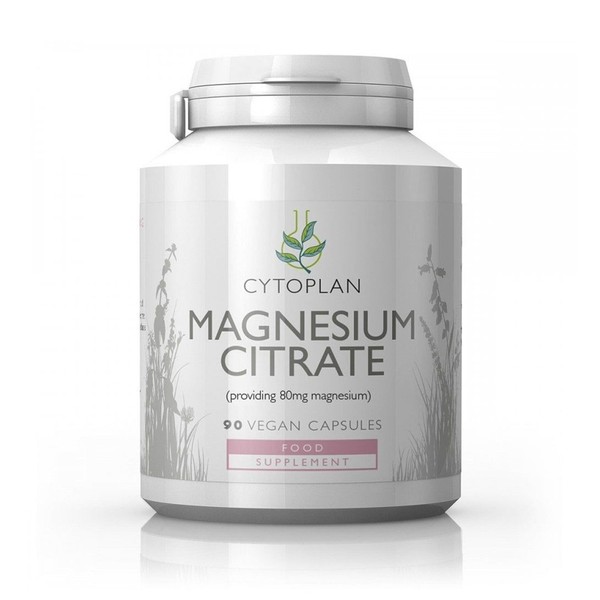
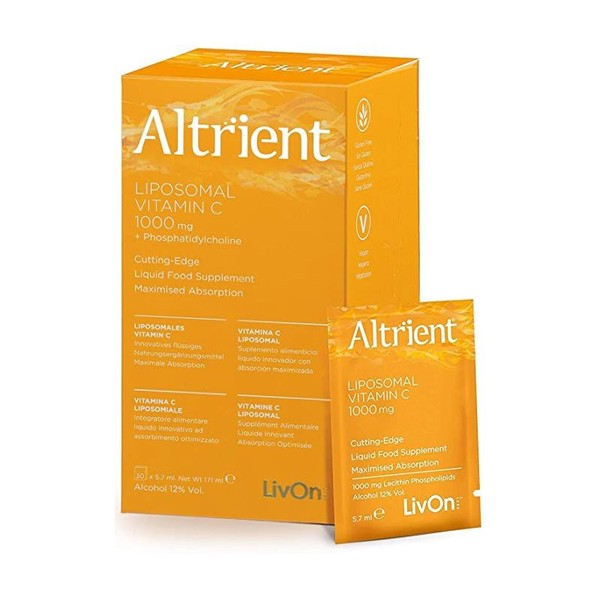
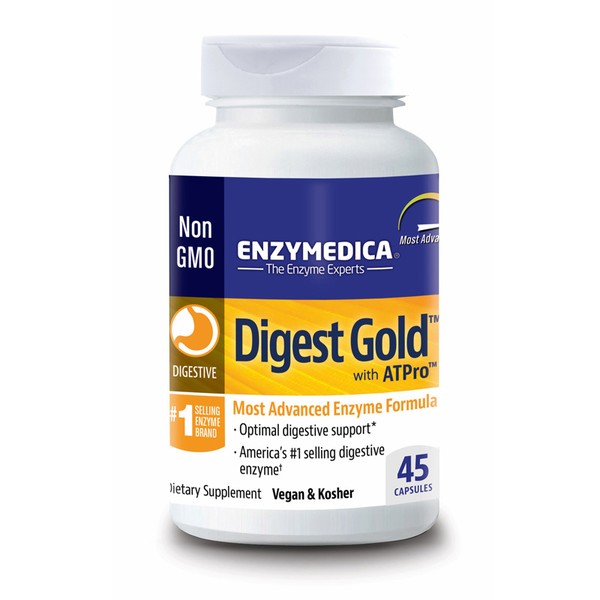
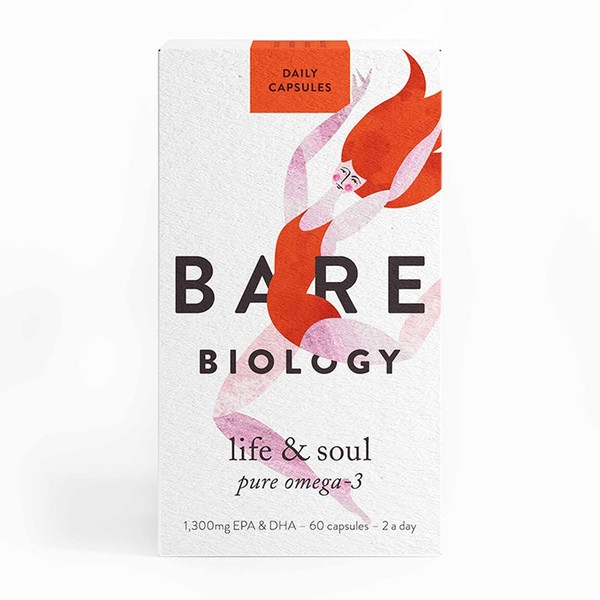
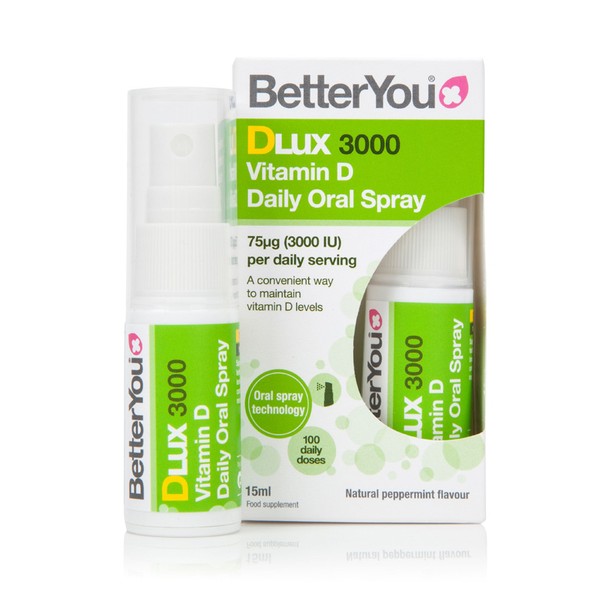
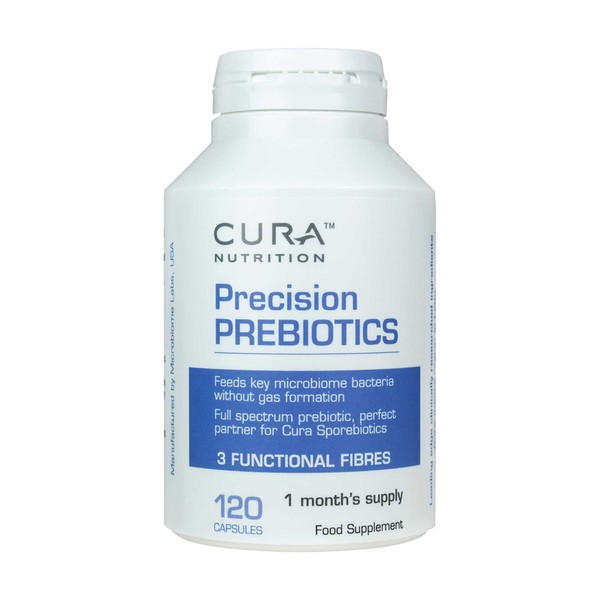
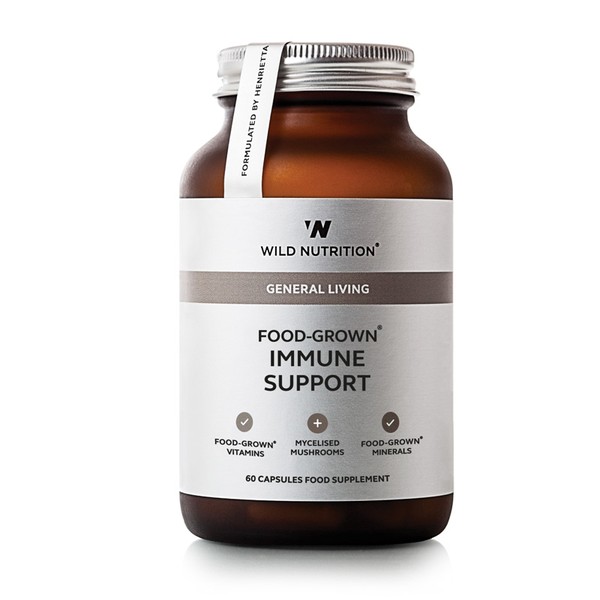
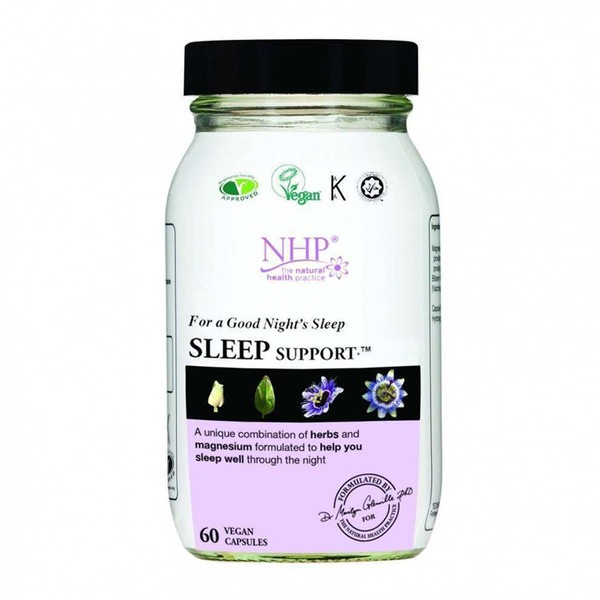
Dr Marilyn Glenville PhD is the author of 16 internationally bestselling books including The Natural Health Bible for Women available from Amazon. Dr Glenville runs clinics in London, Kent and Ireland by phone and Skype. For more information visit GlenvilleNutrition.com or email reception@glenvillenutrition.com
DISCLAIMER: Features published by SheerLuxe are not intended to treat, diagnose, cure or prevent any disease. Always seek the advice of your GP or another qualified healthcare provider for any questions you have regarding a medical condition, and before undertaking any diet, exercise or other health-related programme.
DISCLAIMER: We endeavour to always credit the correct original source of every image we use. If you think a credit may be incorrect, please contact us at info@sheerluxe.com.

